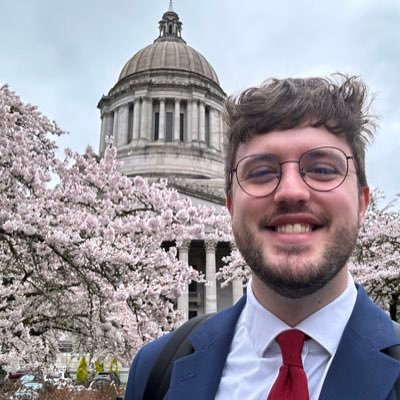Welcome!
Thank you for your interest in school boards. Student success and well-being are at the core of our board members’ motivation to serve, and a primary focus for WSSDA. While the adult board members have various and sometimes conflicting opinions, virtually all of them have one thing in common: a strong desire to help their students thrive.
Student Voice in Governance
By a vote of its members, WSSDA adopted a position that states:
“WSSDA believes that authentic student engagement with school boards and policy development is a powerful tool in leading educational change. Students deserve a meaningful role in providing input and guidance in the direction of their district and with decisions made on their behalf. WSSDA recommends and supports the establishment of formalized structures and policies with students to integrate ongoing, effective K-12 student voice.” — Adopted in 2021


